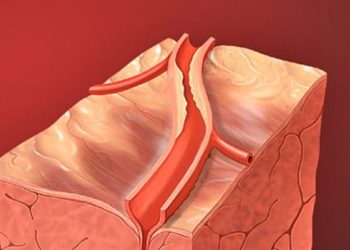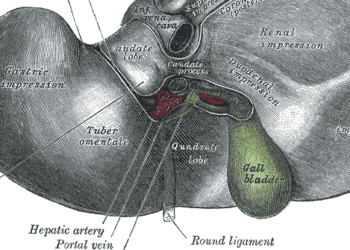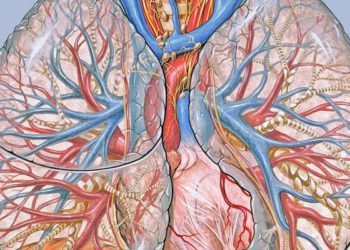Cholesterol metabolism by uncultured human gut bacteria influences host cholesterol level
1. Gut Bacterial Species Shown to Lower Fecal and Serum Cholesterol Levels in Humans
Evidence Rating Level: 2 (Good)
High serum cholesterol levels have been linked to cardiovascular disease, the cause of 1 in 4 deaths in all industrialized countries. Reducing cholesterol transport in the intestine, as demonstrated by ezetimibe, a small molecule transporter inhibitor, is a clinically validated strategy to lower cholesterol serum levels. Past studies have shown that the presence of certain gut bacteria are similarly linked to lowering serum and fecal cholesterol levels. A proposed mechanism involves the bacteria converting cholesterol to coprostanol, thereby decreasing the amount of absorbed cholesterol. However, support for this mechanism is lacking in the current literature. Through a bioinformatics analysis, the study identified 4 clusters of enzymes from the human gut microbiota with the potential to metabolize cholesterol. These enzymes were then experimentally validated as cholesterol dehydrogenases, out of which the ECOP170 enzyme was identified as having the greatest expression increase in the presence of cholesterol. Subsequently, the ECOP170 genes were renamed as ismA (intestinal metabolism sterol A genes). A subsequent in-vivo analysis was conducted on two independent human cohorts, PRISM and HMP2, separating coprostanol positive fecal samples from coprostanol negative samples within those cohorts. The analysis found that the presence of IsmA-encoding bacteria in the gut was highly correlated with the presence of coprostanol in feces, suggesting that these bacteria metabolize cholesterol in-vivo (PRISM: OR = 42.73 [95% confidence interval, CI: 11.28, 283.54]; HMP2: OR = 28.94 [95% CI: 13.64, 61.41]). Finally, a meta-analysis of 3 studies found that the presence of IsmA-encoding bacteria was highly correlated with a decrease in serum cholesterol levels. The human cohort with IsmA-encoding bacteria had a 0.15 mmol/L lower total serum cholesterol level, compared to a cohort without IsmA-encoding bacteria (95% CI: −0.27, −0.03). This effect size is comparable to differences in cholesterol levels due to human gene variation: For instance, HMGCR and PCKS9 are lipid-associated genes that have been found to contribute differences in cholesterol levels of 0.063 mmol/L and 0.050 mmol/L respectively. This suggests that the presence of IsmA-encoding bacteria contributes a biologically significant decrease in host serum cholesterol levels, which could directly impact human health outcomes. This multidisciplinary strategy in combining bioinformatic and biochemical approaches could be applied to other pathways and microbiomes of interest to characterize previously unknown microbes and enzymes that could be responsible for other relevant metabolic transformations.
Click to read the study in Cell Host & Microbe
©2020 2 Minute Medicine, Inc. All rights reserved. No works may be reproduced without expressed written consent from 2 Minute Medicine, Inc. Inquire about licensing here. No article should be construed as medical advice and is not intended as such by the authors or by 2 Minute Medicine, Inc.







